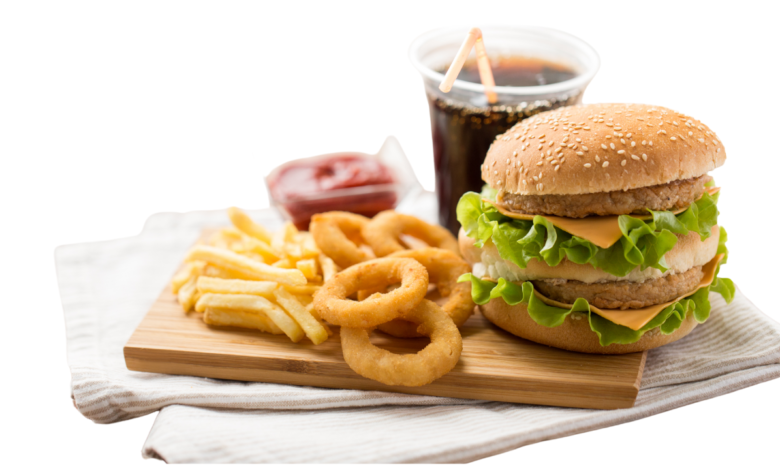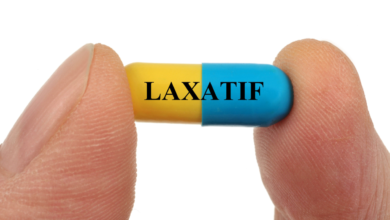Limit Processed Foods for Better Digestion
Constipation Relief: The Power of Limiting Processed Foods

What are limited processed food ?
Limited processed foods are those that have undergone minimal processing and retain their natural state. They typically contain whole, unrefined ingredients and are free from artificial additives, preservatives, and excessive amounts of added sugars or unhealthy fats. Examples of limited processed foods include:
- Fresh fruits and vegetables
- Whole grains
- Lean meats
- Legumes
- Dairy products
What are the benefits of limited processed foods in constipation ?
· Increased fiber intake: Limited processed foods are often higher in fiber, which can help soften stools and promote regular bowel movements.
· Reduced unhealthy fats: Processed foods often contain unhealthy fats, such as saturated and trans fats, which can contribute to constipation.
· Fewer additives: Many processed foods contain additives that can irritate the digestive system.
· Improved overall health: Limiting processed foods can have many other health benefits, such as weight management, reduced risk of chronic diseases, and improved energy levels.
How much to take ?
There is no specific amount of processed foods to limit. However, it is generally recommended to focus on consuming whole, unprocessed foods as the foundation of your diet.
When to take in constipation ?
Limiting processed foods is a long-term strategy for preventing and managing constipation. It may take some time to see results, but by making gradual changes to your diet, you can improve your digestive health.
Side effect of taking too much in constipation ?
While limiting processed foods is generally beneficial, it’s important to ensure you’re getting enough nutrients. If you drastically reduce your intake of processed foods without replacing them with nutritious alternatives, you may experience deficiencies in essential vitamins and minerals. It’s always a good idea to consult with a healthcare professional or registered dietitian for personalized dietary advice





